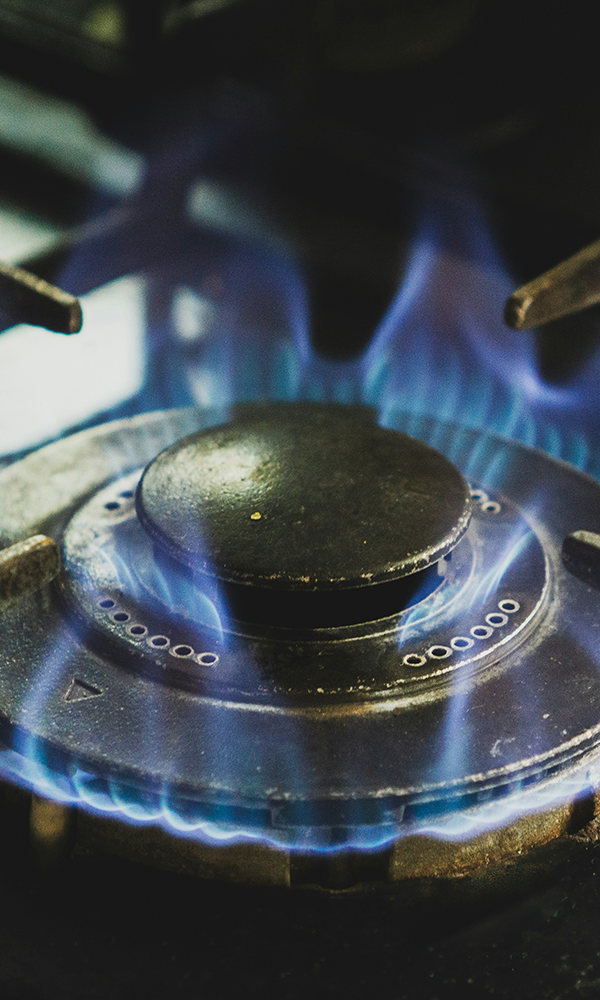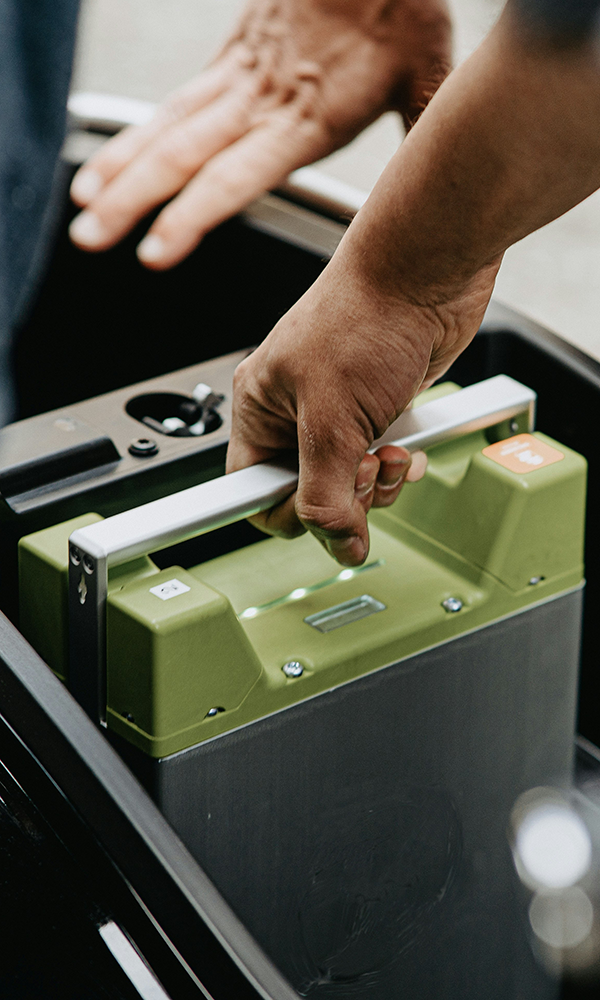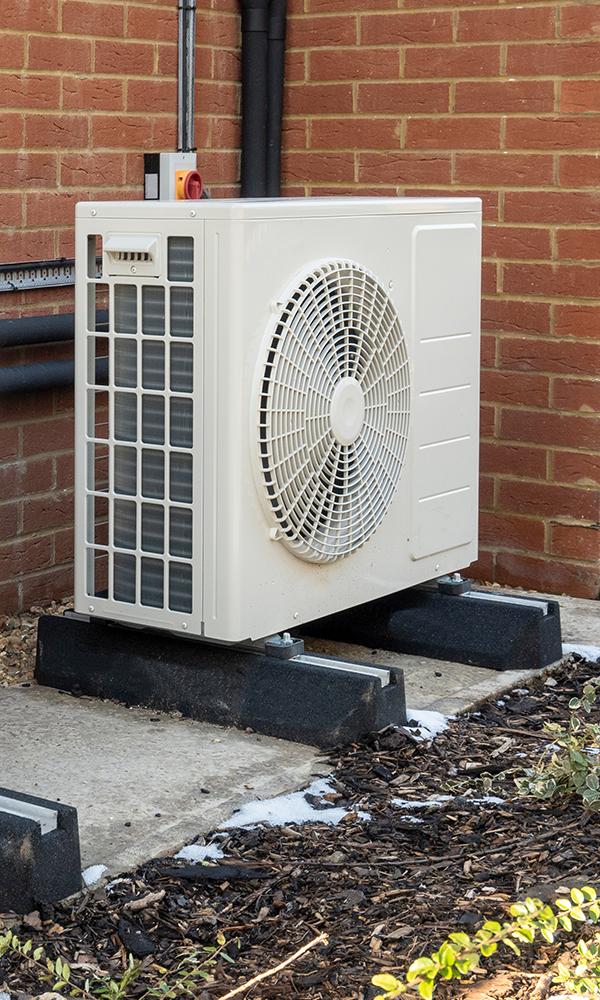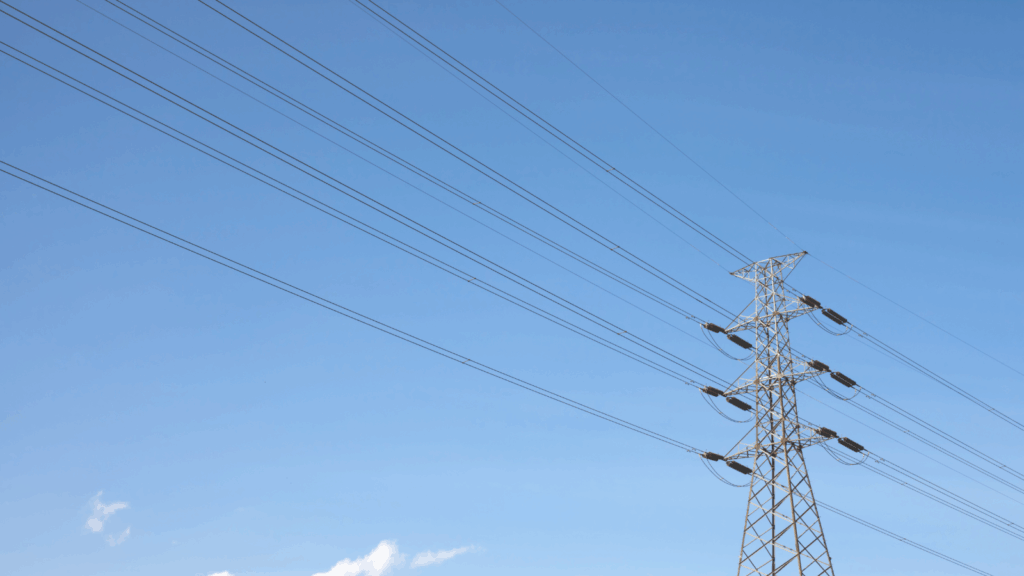Heating, cooling, and cooking accounts for a staggering 85% of energy used globally – with 76% of that coming from fossil fuels. This pollutes more than all the cars in the EU combined. The way we consume energy must change – including how we heat and cool buildings, how we cook food, and how we use batteries (particularly for electric vehicles). Transitioning away from fossil fuels to renewable energy is a must. We must stop installing new fossil fuel-based devices as soon as possible, exchanging them for appliances and systems that use renewable electricity. ECOS works to make this a reality through standards, policies, laws, and campaigns.



ECOS seeks to subcontract a company or individual to deliver expertise on heat pump testing. Apply before 28 February 2026!
Improving energy efficiency is one of the most effective tools the EU has to cut energy use, reduce dependence on imported fossil fuels, and lower household bills. The EU’s energy label has been a success story in guiding consumers towards energy and financial savings and – with some key tweaks – could continue to do so and deliver even greater benefits.
The seventh session of the United Nations Environment Assembly (UNEA-7) will bring together all 193 UN Member States in Nairobi, Kenya in December 2025 to address common environmental challenges. Accredited NGO observers, including ECOS, will join them. What can we expect? We outline the environmental potential of two key resolutions: on sustainable use of AI and sound management of chemicals and waste.
What can the EU do to make electrification work? From renewables to efficiency – and everything in-between – discover the six energy transition essentials in our factsheet.
Download the pdf
ECOS is co-funded by the European Commission and EFTA

 Funded by the European Union. Views and opinions expressed are however those of the author(s) only and do not necessarily reflect those of the European Union or EISMEA. Neither the European Union nor the granting authority can be held responsible for them.
Funded by the European Union. Views and opinions expressed are however those of the author(s) only and do not necessarily reflect those of the European Union or EISMEA. Neither the European Union nor the granting authority can be held responsible for them.
